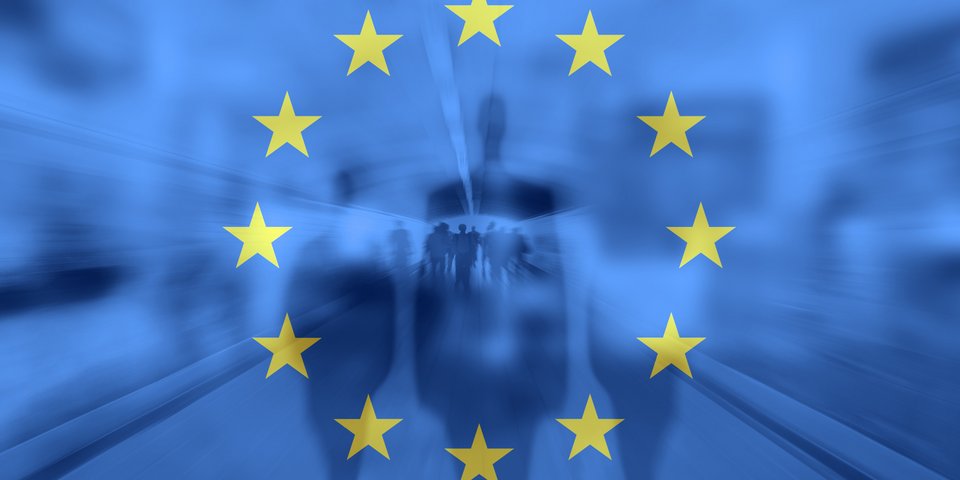 iStockphoto/TheaDesign
iStockphoto/TheaDesignAntonio Tajani is new European Parliament President
The election of the new Bureau sees the end of the “grand coalition” of the two largest parties in the European Parliament. Evelyne Gebhardt (S&D), Rainer Wieland (EPP) and Alexander Graf Lambsdorff (ALDE) are three German vice-presidents of a total of 14.
AD – 01/2017
On 17 January 2017, the European Parliament elected Vice-President Antonio Tajani as the new President. The 63-year-old Italian is a member of the European People’s Party (EPP) and was a founder of the conservative Forza Italia party in 1993 and a spokesman in the Berlusconi government in 1994. He was first voted to the European Parliament in 1994. From 2008 to February 2010, he was EU Commissioner for Transport; following that he was Commissioner for Industry and Entrepreneurship until May 2014. In his campaign speech, Tajani promised MEPs that unlike his predecessor Schulz, he wanted to exercise his presidency with full and apolitical support for the Parliament, by which is meant that the political force in the Parliament is traditionally steered by political fractions and not by the Bureau.
Among the 14 vice presidents elected on 18 January 2017 are three German MEPs. Evelyne Gebhardt (SPD) and Rainer Wieland (CDU) both come from Baden-Württemberg and are active in Europa-Union Deutschland - the German section of the Union of European Federalists. Gebhardt is the State Chairperson of Baden-Württemberg and Wieland is President of Europa-Union Deutschland. Alexander Graf Lambsdorff from North-Rhine Westphalia has also been re-elected as Vice President.
According to expert opinion on Brussels, the move by MEP Martin Schulz (SPD) into German politics means that there will be many changes to current policy. The Juncker/Schulz power duo that was “born” from the European election in 2014, supplemented by EPP Group Chairman Manfred Weber (CSU), guaranteed largely silent parliamentary procedures in a “grand coalition” of the two largest parliamentary parties, albeit often at the cost of real parliamentary debate.
